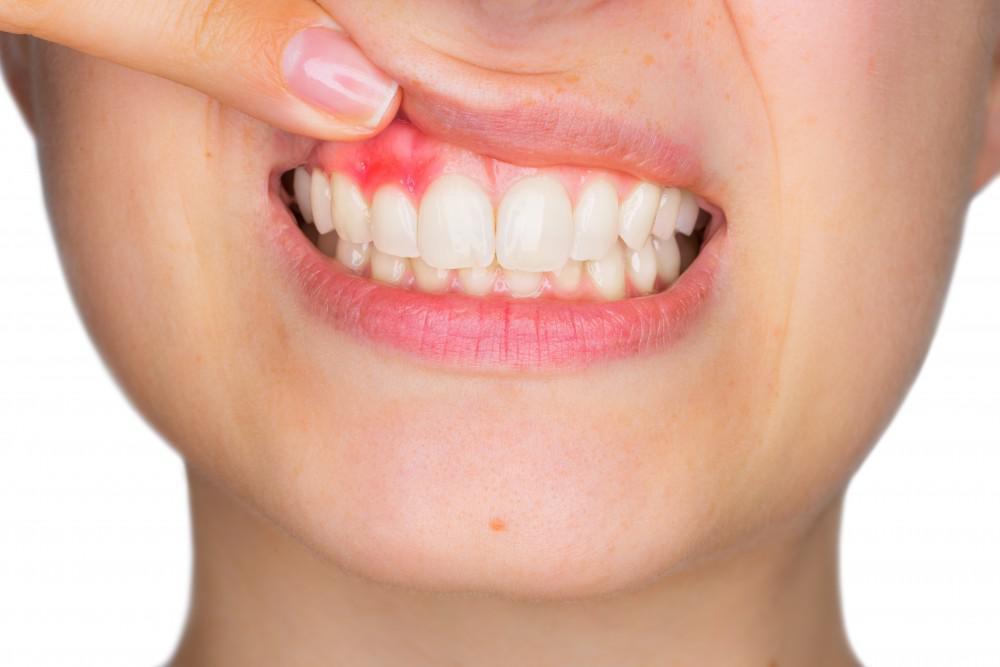When blood shows up on your toothbrush or dental floss, it can feel alarming. Thankfully, most causes of bleeding gums are treatable. At the same time, addressing these symptoms early is important for guarding against serious health problems down the line.
Our expert team at Trident Dental in Houston, Texas, provides comprehensive dental exams and cleanings to prevent and address bleeding gums, and treat related health conditions. Read on to learn more about this issue, including ways we can help.
What causes bleeding gums
The leading cause of bleeding gums is plaque buildup at your gum line. As bacteria gets trapped or lingers too long in the crevices between the top of your teeth and gums, this difficult-to-clean plaque can harden into tartar and fuel gum inflammation. This inflammation, medically known as gingivitis, is the first stage of gum disease.
Left unaddressed, gingivitis can lead to a more severe form of gum disease known as periodontitis, a common cause of tooth loss. And all stages of gum disease can cause bleeding gums.
Other potential causes of gum bleeding include bleeding disorders, brushing too hard, infections, improper flossing, poor-fitting dental appliances, and vitamin K deficiency.
Why you shouldn’t ignore bleeding gums
No matter the cause, bleeding gums are a sign that something needs to change. And in some cases, the underlying cause is potentially serious. Not only can gum disease cause increasing pain, swelling, and bleeding, but raise your risk of losing one or more teeth.
Once you have periodontitis, you also have a greater risk for conditions that can become life-threatening, such as diabetes, heart disease, and stroke.
What to do about bleeding gums
Your provider at Trident Dental can help determine the cause of your bleeding gums during a comprehensive exam. If you’re showing signs of gum disease, treatment may include a procedure known as scaling and root planing.
During scaling, they remove plaque from your teeth surfaces and beneath your gums. From there, root planing involves smoothing the roots of your teeth so that they can reattach to your gums for a fresh start. You may also receive antibiotics in the area, to enhance healing. If you have tooth damage from gum disease or if an infection at the root is at play, you may require tooth extraction or a root canal.
If your gum bleeding stems from poor dental hygiene practices, your provider can go over proper brushing and flossing techniques. If poor-fitting dentures or straightening devices are the problem, they can recommend changes.
Prevent bleeding gums
To stave off bleeding gums and gum disease, aim to brush your teeth at least twice a day with a soft-bristled brush and appropriate tooth paste. Floss at least each day, making sure you move the floss along your gum line in a C-shape on both sides of each tooth.
Additionally, be sure to schedule routine cleanings and exams. Professional cleaning goes further than you can at home and early signs of problems can be addressed before bleeding or other complications unfold.
To learn more about bleeding gums or get the care you need, call Trident Dental or request an appointment through our website today.

